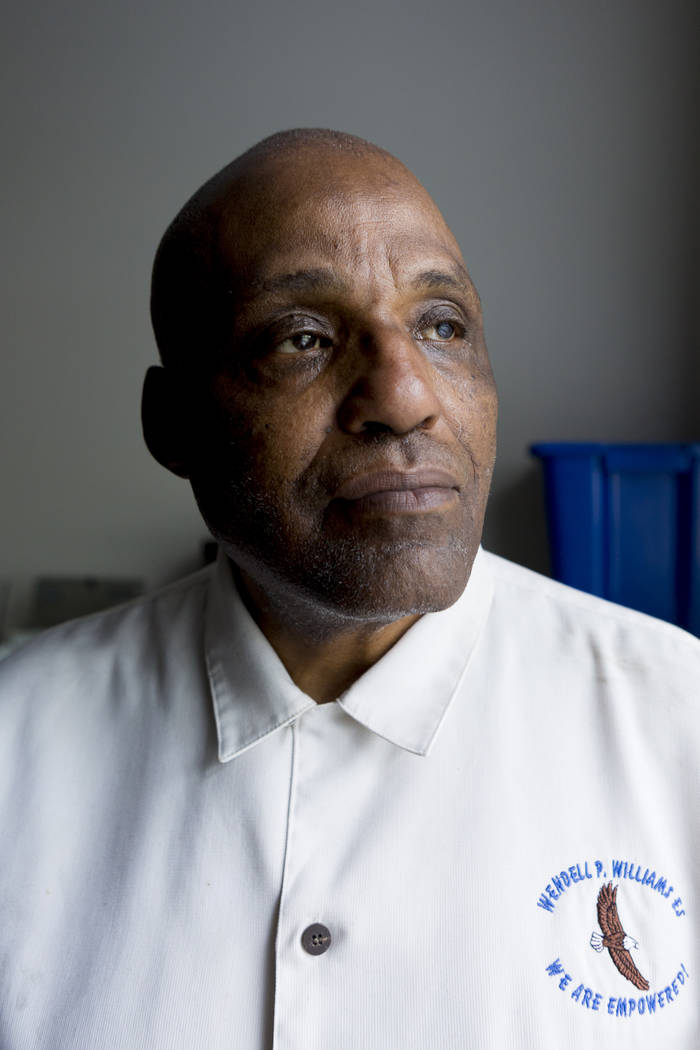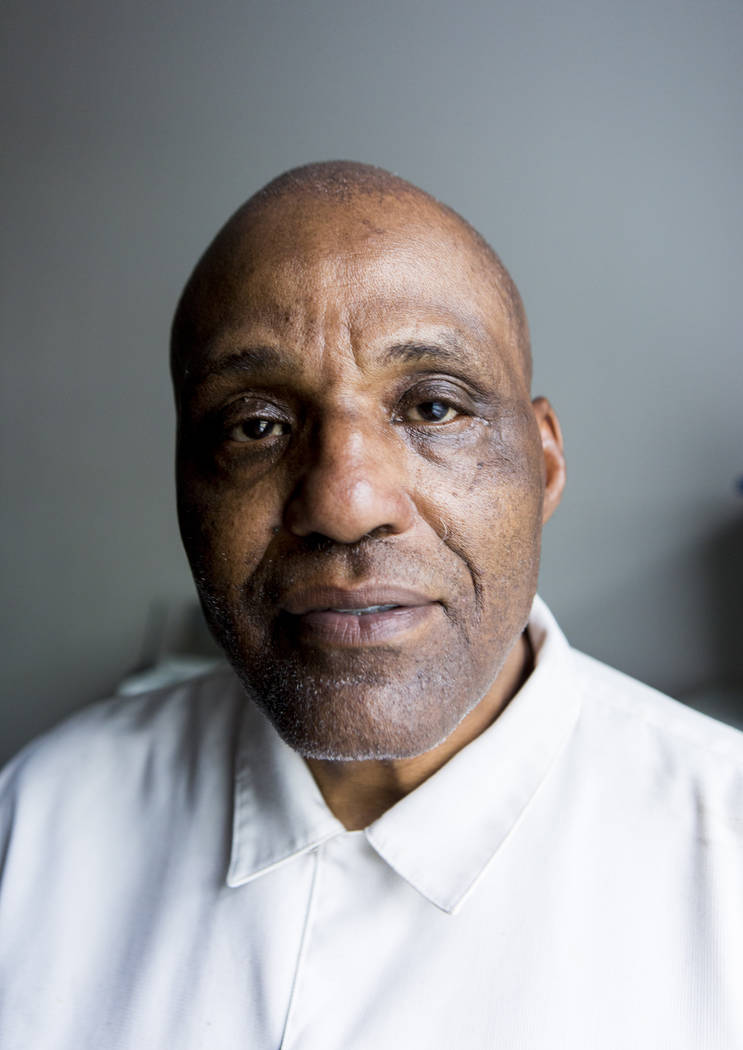Former state assemblyman who tried to ban police chokeholds speaks out
Former Nevada Assemblyman Wendell Williams, who sought to ban the use of chokeholds by police more than 25 years ago, is calling for a public re-examination of the Metropolitan Police Department’s neck restraint policy after a man died while in custody last week.
The community leader recalled his efforts to ban the enforcement technique Wednesday.
“This incident brings it back to the forefront,” Williams said of the May 14 death of Tashii Brown. “A lot of questions are going to come out now.”
He is calling for the Metropolitan Police Department to produce the records of the department’s neck restraint training and certification, and he wants a public re-examination of the policy.
Brown, 40, died in Las Vegas police custody after officer Kenneth Lopera stunned the man seven times with a Taser, punched him several times and held him in an unauthorized neck hold for more than a minute.
The NAACP’s Las Vegas chapter and the American Civil Liberties Union of Nevada have called on Metro to scrap the policy that authorizes the use of neck restraints. The North Las Vegas and Henderson police departments forbid their officers to use them.
“The chokehold, when it’s permissible, has to be the very last resort. … It’s like putting a gun to someone’s neck,” Williams said. “Let’s not assume that people are violent until they show that.”
In 1991, Williams sponsored a bill that would ban the practice outright. But police agencies, including the Metropolitan Police Department, opposed the measure. At the time, Metro did not teach its officers to use any chokeholds, which were not mentioned in the agency’s policy manual, legislative records show.
Then-Undersheriff Eric Cooper testified that Metro’s administration had decided against teaching its officers to use neck restraints because of the controversy surrounding the tactic – police in Los Angeles already had banned the practice in 1991 because of a string of in-custody deaths and court cases. But he said neck restraints could still be a valuable tool for an officer who had to resort to using force on a suspect.
Williams said neck restraints can lead to serious injury, including paralysis and death, especially when used on people with medical conditions. The medical community largely supported his effort to ban police chokeholds in 1991.
“As an officer, I don’t know if you’ve had surgery on your neck. I don’t know if you’ve had a heart attack,” he said.
Williams said he did get a bill passed into law, but he had to strike a compromise with law enforcement.
Under the statute, chokeholds can only be used by officers if the department trained and certified officers on the tactic every year. And the statute states each department must have policies in place for officers who improperly use the holds, specified in state law as the arm-bar restraint, carotid restraint and lateral vascular neck restraint.
“We had a chance to get this right 25 years ago,” he said. “Let’s stop talking about this on Facebook and face each other face to face and get this done.”
Contact Wesley Juhl at wjuhl@reviewjournal.com and 702-383-0391. Follow @WesJuhl on Twitter.





























